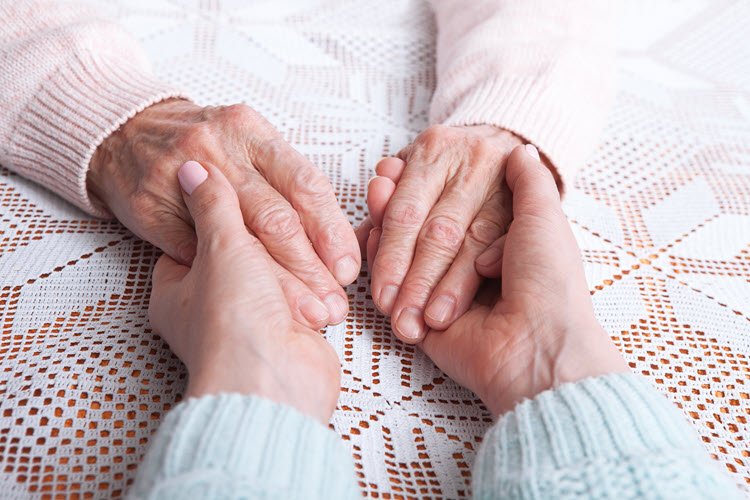Curated Content
Published at ENEMEEZ
Family members provide most care for loved ones with a disability or chronic illness. More than 90 million Americans care for someone they love, and nearly half do so from home. As important and valuable as being a caregiver is, it is not without emotional, physical, and financial challenges. Caregivers need to have a support system where they can seek comfort, help, support, advice, and encouragement. Without additional support, caregivers can feel isolated and disconnected from their lives and become more prone to conditions like depression and anxiety.
Every caregiver should seek advice from qualified professionals about the right way to care for their loved one.
Bladder and bowel care are two critical ways caregivers assist paralyzed loved ones. An effective bowel care program is essential to avoid uncomfortable and potentially dangerous conditions such as constipation, fecal impaction, diarrhea, and more.
A bowel management program considers the nature of spinal cord injury (SCI), availability of attendant care, personal goals, life schedules, employment, and quality of life. Neurogenic bowel programs are typically initiated during acute care and continued throughout life unless full recovery of bowel function returns. Carefully consider the measures that are needed to avoid pressure ulcers and falls. Design the bowel care program so it can be easily replicated in the home.
Finding the least invasive approach to bowel care reduces discomfort and improves the quality of life. Remember that the most natural form of elimination is the best long-term approach.
Offer Encouragement
Think of things that may have helped you through challenging situations in the past and share them. You can do something simple such as sharing a favorite quote from a book that helped you put things in perspective or gave you hope in difficult times. Such words of encouragement can help the person you’re caring for cope with their challenges in treatment. You can also share your experiences about things that have helped you be resilient and bounce back during challenging times.
Read the full post on How to Care for a Paralyzed Person at Home on the ENEMEEZ blog.

